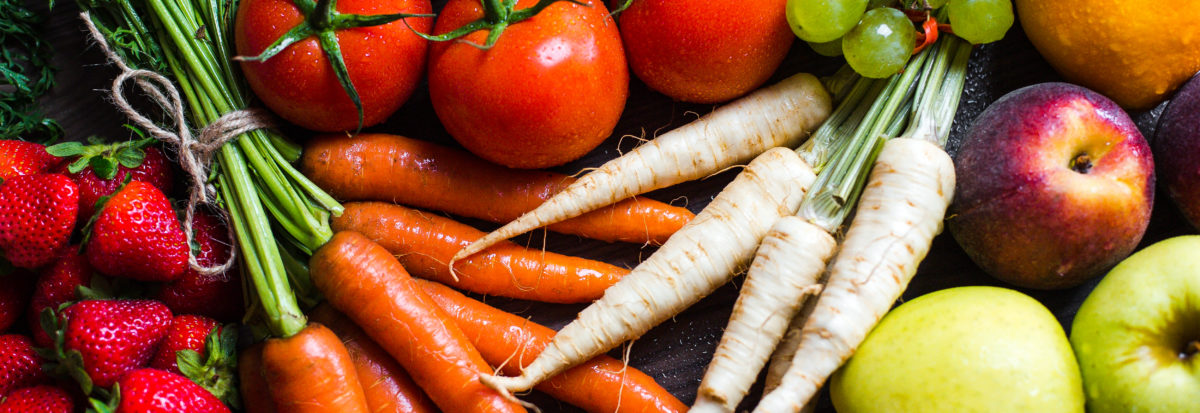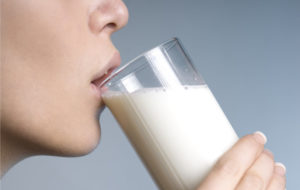What does it mean to be lactose intolerant?
When you are lactose intolerant, not to be mistaken for a milk allergy (which concerns the immune system), you struggle to digest the lactose in foods containing dairy such as milk. This normally results in side effects such as:
- bloating
- gas, and
- stomach aches
Not everyone who is lactose intolerant will experience the same symptoms and severity will also vary from person to person. For some, any dairy can cause a reaction but for others, foods like cheese may present very few issues. In any case, if you experience any symptoms of the ones listed above after consuming dairy products you might be lactose intolerant.
Depending on one’s ethnicity, the likelihood of developing lactose intolerance differs. As is known for example many Asians are lactose intolerant, while a majority of Europeans is not. This is due to a gene variant that has developed and propagated in European populations with a long tradition of producing and consuming milk and dairy products. This gene produces Lactase, an enzyme that digests lactose. Genetically speaking lactose intolerance can be considered the norm on a global scale.
This is important to note as such intolerance is generally genetically determined although this is not always the case. On occasion, if the stomach lining is impaired (as a result of illness) lactose intolerance can also occur. Also, a premature baby may have reduced amounts of lactose and thus, for a short while, display the marks of this.
How to test for lactose intolerance?
If you ask yourself: “Could I be lactose intolerant?” you should get tested from your general practitioner or in a laboratory that can perform the lactose intolerance test. For this, you will have to drink a lactose solution and your reaction to this drink will be monitored for a selected time period.
An alternative test lets you drink a bottle of milk after which your blood glucose level is tested as shown in the video below:
Both tests are cheap and easy to perform and will give you a definitive answer.
What to eat and drink when you are lactose intolerant
Once it has been determined that you are lactose intolerant it is vital that you do not simply eradicate all dairy from your diet as this may lead to calcium deficiencies. Instead, you should work out what dairy products you can and cannot have without getting symptoms of lactose intolerance by trial-and-error with small food quantities.
As you will notice not all dairy foods will induce the same effects. For example, milk is often one of the worst dairy products but with food, may be acceptable. Processed milk products may not pose a problem for you. For example, hard cheeses tend to be less trouble for the body to digest.
Initially, you may feel overwhelmed at the prospect of having to overhaul your diet and avoid foods like butter, cheese, and cakes containing milk products. However, nowadays there are lactose-free dairy products available ranging from milk to yogurt and cheese. So this may be more of an issue only when dining out.
There are also many alternative foods besides lactose-free dairy products for those with lactose intolerance, such as soy-, coconut-, almond- or oat milk and products based on them.
Individuals should also be careful to consume non-dairy food that contains calcium like broccoli and dried fruit to reduce the risk of a calcium deficiency.
Therefore, whilst originally lactose intolerance may seem like a scary prospect, it is relatively uncomplicated to live with if one has enough knowledge of what foods they should personally abstain from eating or eat more of.

